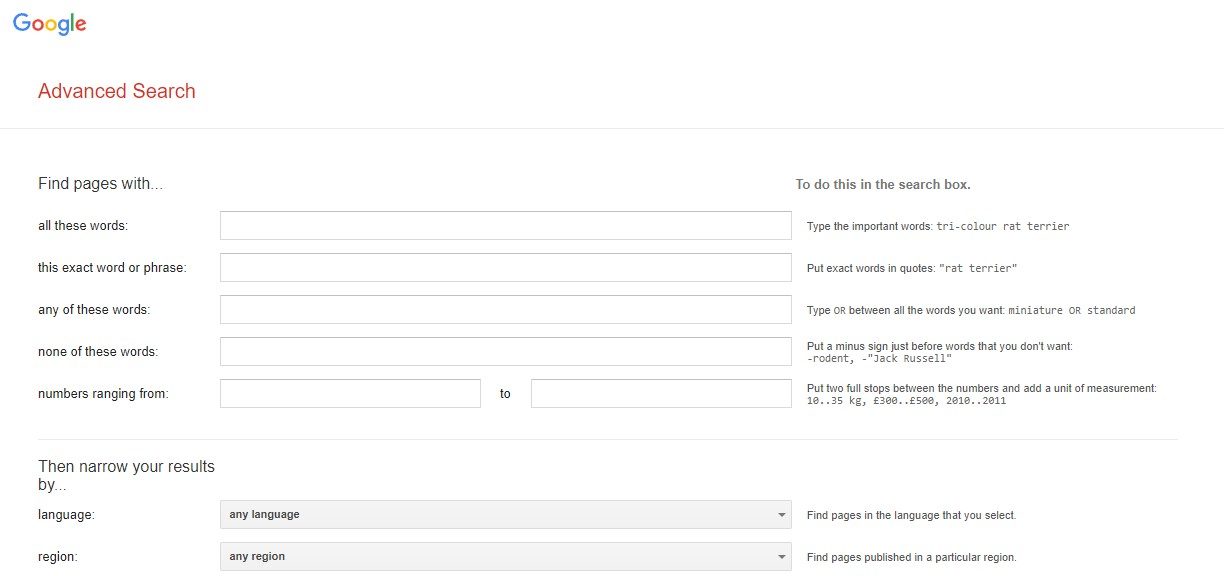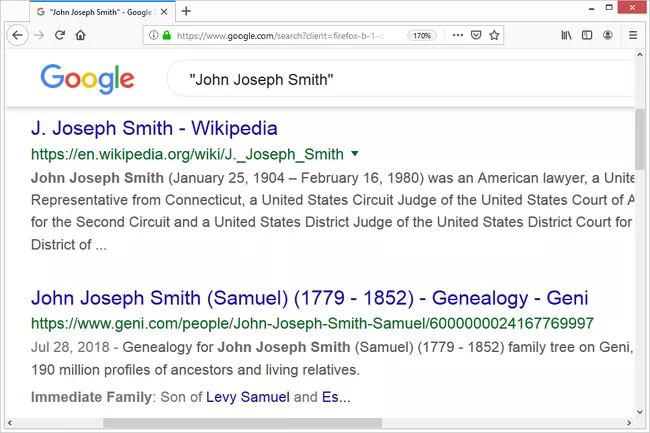Ever wonder where your family came from and what the name of your great, great, great grandfather was? Or perhaps you have a yearning to know where your late ancestors grew up, who they married and where you fit into the picture.
Granted, there are many who probably never have these thoughts, but there are equally as many who do. Finding out more about your roots may even help you to understand your family just that extra bit better.
For this reason there are many websites out there dedicated to help people find and trace their family tree. Tracing one's ancestors can be quite an adventure and it is also a hobby that interests many.
Thanks to the advent of technology we are now able to find a vast amount of information online that was previously not available. Back in the day, tracing one's family tree required hours of driving from one place to the next, digging through musty old records in back rooms or attics or libraries.
Those same records are now available at the tips of our fingers and all that is required is for us to input the search parameters. However, there are a few things to keep in mind when searching through the vast database of useful (as well as irrelevant) information that is the internet.
Before you even get started, though, you need to make sure that you have the right starting point. As with all good detective stories, the way to find the answer (in this case, tracking down your ancestors) is to start with what you know.
It's no use to go haring off after a distant ancestor you know nothing about. Gather together all the information you do know, and then make a clear and concise list of names, events and dates that you know for sure.
Once you have your starting point, you will then be able to start doing the more in-depth research in order to trace the ancestors further along the family tree. Lastly, something else you may want to keep in mind is that there are certain websites that will require a subscription before allowing you to view the information on them.
If you're looking for a full and comprehensive family tree, you may need to make use of these at some point. However, it's best to first see how far you get by searching the free sites online.
1. Make Use of Quotation Marks
One of the most effective tips to remember when looking for something specific on the internet is to use quotation marks in your search. Instead of just typing in John Smith into the search engine, try typing "John Smith" or "Smith, John" instead. Most genealogy sites will list their results by last name first, so you may get better results by searching by last name first and then the first name.
If you don't make use of the quotation marks in your search, you will receive results to pages that will have no relation to what you are actually looking for. This will result in you spending hours going through irrelevant material that has nothing whatsoever to do with your search.
By having the quotation marks surrounding your search parameters, it means that you will only receive results that have all the specified words in them. This will help substantially to make your searches far more productive and save you more time.
2. Remember: Less Can Be More
One of the most important points to remember when it comes to searching online for family history is that less can be more. What we mean by this is that sometimes entering less information can be more helpful than entering all the information you have in the search engine.
For example, if you have a date, name, surname, place and event, try searching for only the name, surname and date. If you type in all the information you have, the search engine will give you all the results which include any of the words you have entered.
There are times when some records will only have partial information, other times the search results may come back with results that don't quite match what you're looking for.
You have to keep your searches simple, otherwise you will end up with hundreds (perhaps even thousands) of search results to wade through. You may need to try a few different searches to find the right results, although you will have more success if you refine your searches by using less information.
Keep in mind that Google will prioritize the search terms in the order you entered them so type the most important information first.
3. Search a Specific Date Range
This is incredibly useful if you are looking within a certain time frame and can be used in conjunction with the quotation marks mentioned in the first point. Should you be searching for an ancestor who you know to have been alive during a certain space in time, you can refine your search to include that date range.

By typing in the name of your ancestor in quotation marks and then adding the date, separated by two periods ("John Louis Smith" 1905..1908) you will be able to refine your search even more than if you merely searched by the name alone.
4. Make Use of the Minus (-) Sign
Whilst you do want your searches to be as comprehensive as possible in order to get the best results, there are times when you will need to exclude information in order to get the best results. For instance, if you keep receiving results from a specific website that you are not interested in you can exclude these by using the minus sign in your search.
Perhaps you want to ensure that you don't keep seeing results about a singer or an actor that appeared in a movie who has the same name as the person you are searching for. To ensure that you don't see these results, simply type in what you are searching for in quotation marks and then use the minus sign to exclude what you don't want to see after the quotation marks.
You can use the minus sign to exclude even websites that you don't want to receive information from (such as Wikipedia). Should you want to make sure that you don't get search results during a specific date, you can exclude these by using the minus sign before the date.
5. Make Use of Advanced Search Options
Due to the abundance of information that is out there on the web, most websites will offer an Advanced Search option. Even some search engines have an Advanced Search option which allows you to enter more details of what you are looking for. To find out if your search engine has an advanced search option, simply type in Advanced Search in the search bar and then hit the Enter key.

You will now be able to narrow your search down to more minute details, such as language and region. With advanced searching you will also be able to look for results that appear only in web page titles by typing in your search parameters prefixed by allintitle: or also allintext: to search only in the text.
Learning the Tricks
As you can see, there are many simple ways in which to refine and simplify your search for your family history online. Keep in mind that great patience is required when fiercely foraging for information on family history.
On your quest to find the fruits of your family tree, it would be well to first acquaint yourself with the tricks of the trade, so to speak, in order to make your expeditions into the wide web more productive and fruitful.
One such trick would be to search for terms that are near each other. For example, instead of typing in "John Smith" 1963, try typing in "John Smith" AROUND (3) 1963 instead.
Effectively, you are now asking the search engine to find web pages that have the name John Smith appearing within three words of the date 1963. This will significantly narrow the search parameters and will ensure that you get better results.
Technology is incredible and we often make jokes about how, if we want to know something we just need to ask Google. However, even technology needs a little help along the way.
At times you may need to simply change a few words around in your search parameters in order to find the results you are looking for. It can be as easy as placing a last name first or even the date first and then the name and last name. The best way to cover all the bases is through trial and error.
By making use of these few simple tips you will ensure that your search is more productive and will produce much more effective results. In no time at all the fruits of your efforts will be able to be seen and your family tree will be blossoming before your eyes.
As always, if you're needing any kind of additional help using the internet to improve your family history research, consider reaching out to HelpCloud technicians for remote support.



